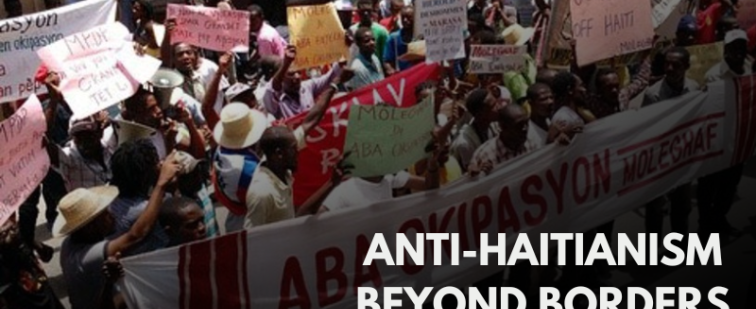December 12, 2011
Yesterday morning Colombia and Latin America lost one of its most influential intellectuals and social scientists: Álvaro Camacho Guizado, a colleague, mentor, and, above all, a very dear friend. Camacho dedicated his life and energy to the study of narco-trafficking. He was also an early critical voice against U.S. anti-drug policy in Colombia.
December 9, 2011
This week, Bolivian government officials and lowland indigenous leaders agreed on a new regulation defining the “untouchable” character of the TIPNIS national park and indigenous territory. But six weeks after pressure from indigenous protesters forced President Evo Morales to cancel the TIPNIS highway, the conflict shows no signs of abating.
December 7, 2011
Shortly after Border Patrol agent Bryan Gonzalez questioned U.S. drug enforcement policy to a colleague, he received a letter of termination that said that he held “personal views that were contrary to core characteristics of Border Patrol Agents, which are patriotism, dedication and spirit de corps.”
December 6, 2011
In recent years, media coverage of Mexico has painted a picture of widespread fear. It is a picture that bears little resemblance to what I experience living in central Mexico. Could this picture have been deliberately invented or exaggerated? Might the government of Felipe Calderón want to justify its policies of militarization to attract further U.S. support?
December 5, 2011
Over the weekend, it was reported that U.S. government agencies are laundering money on behalf of narco-traffickers, and helping them to smuggle weapons across the U.S.-Mexico border. With these policies, the U.S. government is increasingly participating in a war that that is killing hundreds of thousands and eroding the prerequisites for good governance.
December 1, 2011
In November, Chilean mayor Cristián Labbé announced a tribute to a former member of Augusto Pinochet’s secret police, who is serving time on 23 counts of human rights violations. The event, which was held on November 21, sparked outrage, protests, and a debate over public accountability and reconciliation.
November 30, 2011
Last Friday, 18-year-old Joaquin Luna shot and killed himself in south Texas. Luna, an unauthorized immigrant who had lived in the United States since the age of six months, had become increasingly depressed about his life prospects given his immigration status and the defeat of the DREAM Act. His untimely passing highlights the complicated ways in which the systems of immigration enforcement and state exclusion produce deadly forms of violence.
Mexico, Bewildered and Contested
November 28, 2011
The Mexican president in the Dock? Well, not yet, but charges of “crimes against humanity” were filed last Friday in the International Criminal Court in the Netherlands against President Felipe Calderón, the Secretaries of Mexico’s Army, Navy and Public Safety, and notorious drug trafficker Joaquín “El Chapo” Guzmán.
November 28, 2011
Last Saturday, Colombian government troops attacked a FARC encampment, leading to the death of four FARC prisoners. The deaths are at least partially due to the government's willingness to take riskier missions, which threaten more lives. In the absence of a peace negotiation, a more cautious policy is badly needed.
November 28, 2011
Just legalize it, already—that was the message heard at the Cato Institute's “Ending the War on Drugs” conference on November 15. From the heavy death toll in Mexico to the high financial cost to U.S. taxpayers, the only winners in the drug war have been the drug cartels and security companies. Yet the war goes on with no end in sight














